
- শিক্ষা
BAU hands over seeds of low-cost plague vaccine developed from local virus
- শিক্ষা
BAU Correspondent:
The Faculty of Veterinary Science at Bangladesh Agricultural University (BAU) has developed a low-cost and effective duck plague vaccine using a locally isolated virus strain. The seed vaccine was officially handed over to representatives of the Department of Livestock Services (DLS) at a ceremony held at the faculty conference room on Wednesday (November 5) at 11 a.m.
The event was attended by BAU Vice-Chancellor Prof. Dr. A.K. Fazlul Hoque Bhuiyan as chief guest. The program was presided over by the Dean of the Faculty and lead researcher of the project, Prof. Dr. Md. Bahanur Rahman. Special guests included Prof. Dr. Md. Rafiqul Islam Sarder, Dean of the Faculty of Fisheries; Prof. Dr. Md. Hammadur Rahman, Director of BAURES; Dr. Md. Mostafa Kamal, Director of the Livestock Research Institute; and Dr. Md. Jahangir Hossain, CTC of LDDP.
Prof. Dr. A.K. Fazlul Hoque Bhuiyan said that ducks are the second largest poultry resource in Bangladesh after chickens. Although duck mortality is relatively low, duck plague remains a major threat. As the effectiveness of previous vaccines has declined, developing a new vaccine using local strains is a timely and practical initiative.
He added, “Government investment in livestock breeding and vaccine production remains minimal. With proper funding, the livestock sector could have evolved into a major export-oriented industry.”
The Vice-Chancellor further noted that incorporating disease-resistant genes from wild ducks could enhance the vaccine’s effectiveness even further.
Lead researcher Prof. Dr. Md. Bahanur Rahman stated that Bangladesh has around 70.58 million ducks. The livestock sector contributes 1.81% to the national GDP and 16.54% to the agricultural GDP. Notably, nearly 80% of rural women depend on duck rearing for their livelihood.
However, the duck industry suffers most from duck plague — first identified in Bangladesh in 1982. The disease has an infection rate of over 52% and a mortality rate of around 30%. Due to genetic diversity among regional virus strains, previous vaccines have become less effective, he explained.
Prof. Rahman emphasized, “Identifying local virus strains, determining their genetic characteristics, and developing vaccines accordingly are now essential steps.”
The research aimed to isolate and characterize the local duck plague virus, develop an attenuated (weakened) vaccine through serial passage in chicken embryos, and compare the local seed virus with standard reference viruses in the National Center for Biotechnology Information (NCBI) database.
Would you like me to make it sound more journalistic and concise (like a newspaper or news agency report), or keep this research-oriented academic tone?

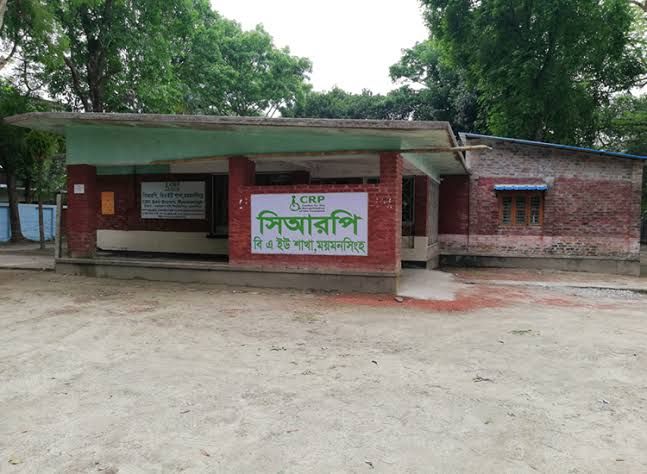

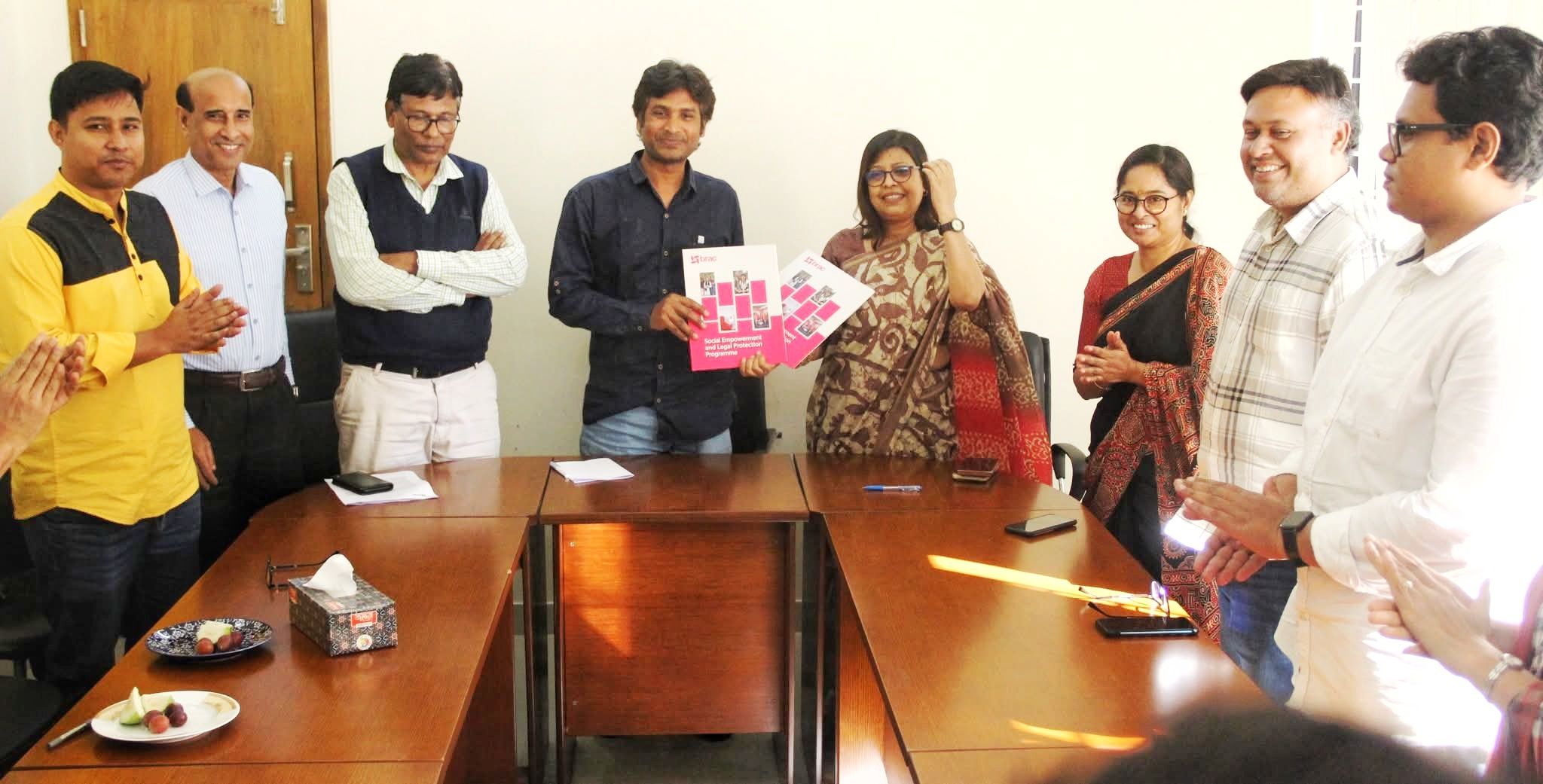





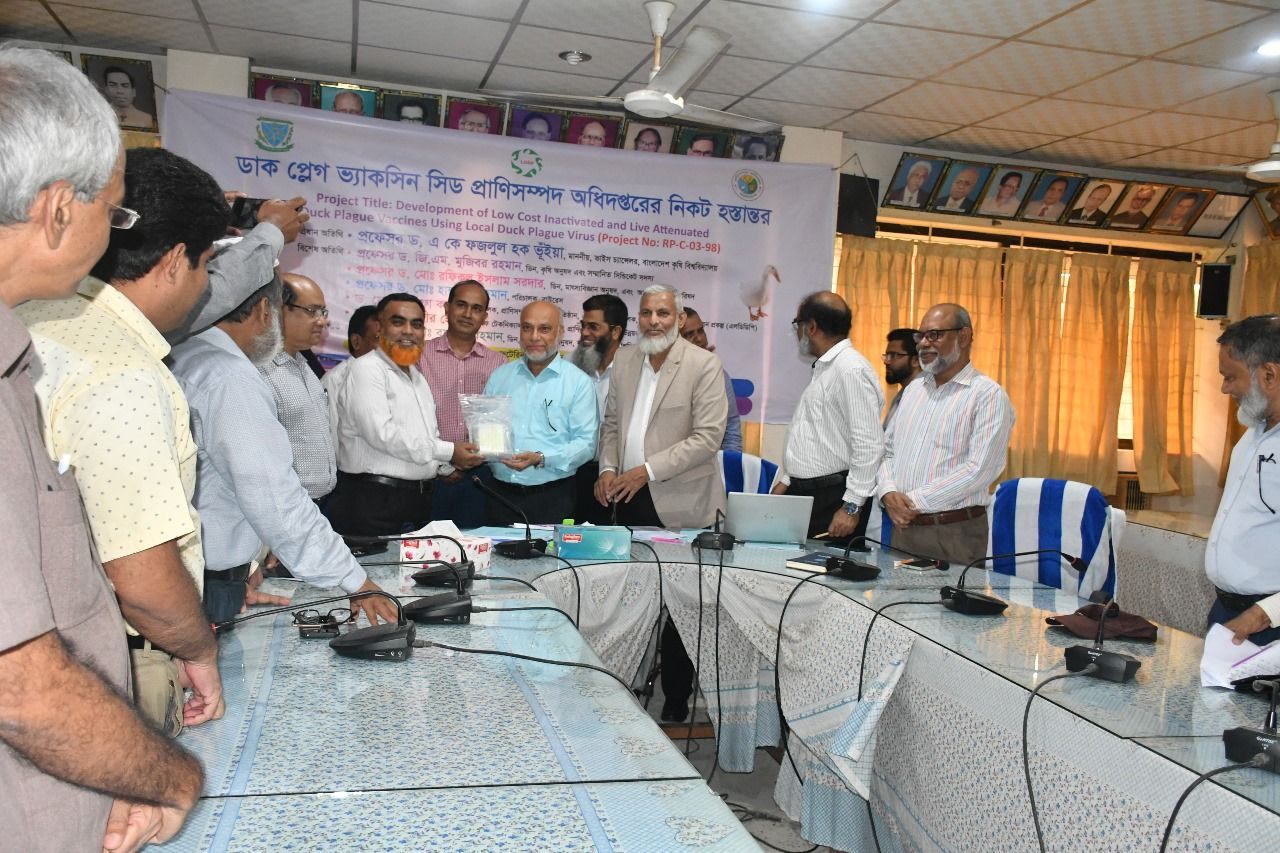

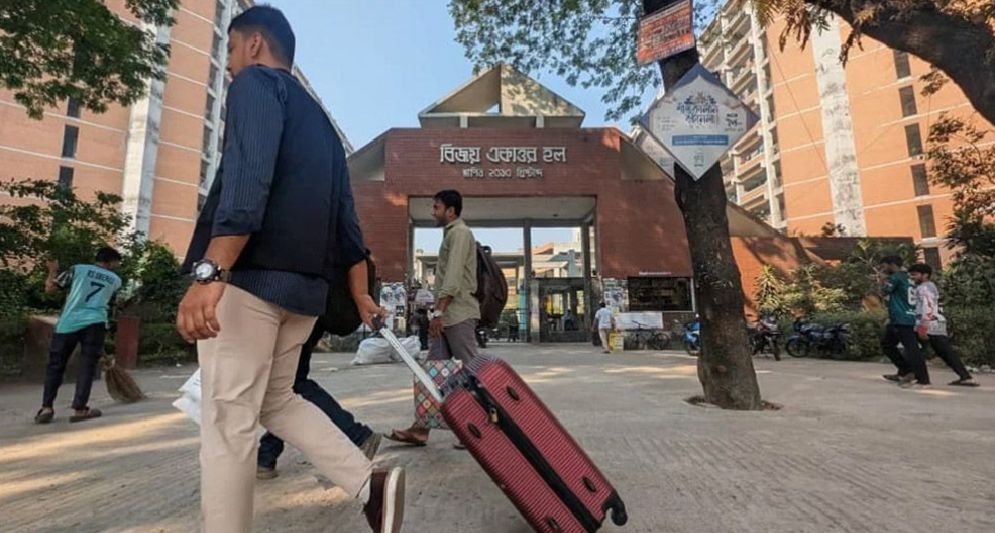
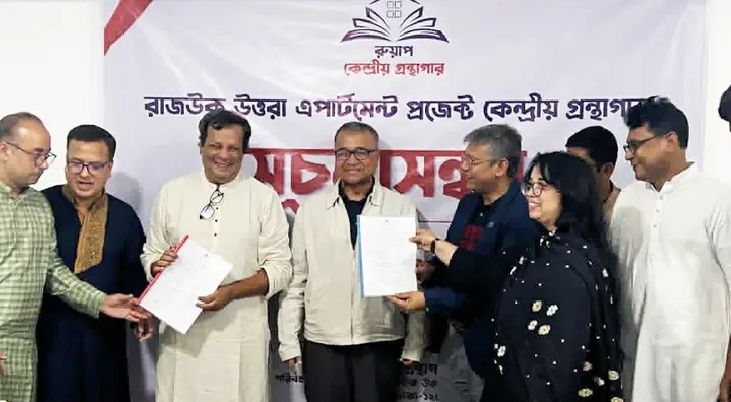





মন্তব্য (০)